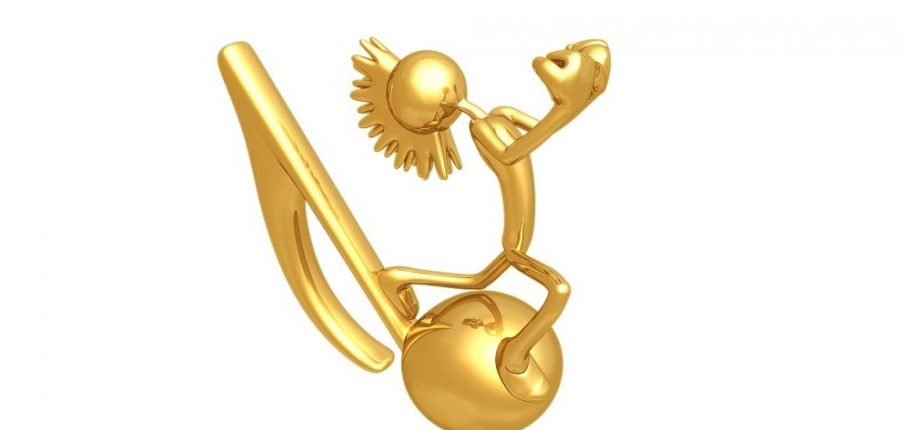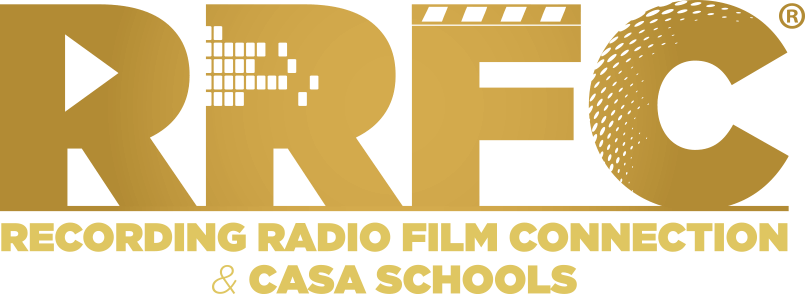
Tips For Learning Other Musical Genres
As a working audio engineer, and especially as a music producer, it’s commonplace to have to become acquainted with multitude of different types of music. You could go from Cumbia to Zydeco to hip-hop to hardcore in the matter of a few days. Due to the rapid turn over of musical genres inherent in the recording industry, taking the time to learn about the genre or subgenre prior to going in to record is a very good idea. Knowing a specific genres’ basic forms, production styles, and its cultural relevance will empower you to make better decisions and build lasting, productive relationships with the artists you record.
So how is one to begin? Let’s start with an example–hardcore. Reading up on what hardcore is takes nothing more than a quick Google search. But knowing the cultural nuances of hardcore, what it means to various subgroups, and what those subgenres are, along with why they developed in the first place, takes a bit more research. Considering you’re doing this in the interest of being able to record and advise the artists, you can probably refrain from digging deep into the many subgenres. Instead, take the top five or ten bands and start listening on YouTube, one after the other. See what sounds and instrumentations dominate the musical genre. What’s the prevailing emotion you get listening to it? Is the sound production pristine or is there a lot of bleed? What’s the overall aesthetic most of the bands are conveying? Then, look at one or two of the most popular bands in the genre and listen to their biggest, most recent hits. This last tip will enable you to hear where the genre is likely headed, or, where the genre becomes more mainstream and popified. The band you’re recording might rail against these guys, and could be devout hardcore purists or, just as easily, looking to go big themselves.
Another good research tip is to look at the single most famous or acclaimed band within the genre, then work backwards from there. Who was it that influenced them? What did the person or band in question take from them? Why? How did they encounter their influence’s work? What sounds, lyrics, and choices of instrumentation have persisted and which have fallen away? How strongly are other high profile acts influenced by these bands? What is the creative flow chart?
Additionally, think about why the people you’re recording respond to the genre they’re working in. Why are they making East Coast hiphop, hardcore, Cumbia or Zydeco? What about the genre draws them in as individuals, as musicians? What about the music speaks to them? Why are they dedicating their lives to the artform and the genre? How has it molded and shaped them as people? If you’re acting as the producer on the project, such questions are a great way to build a deep understanding of where the bandmembers are coming from and to gauge which suggestions they might be open to receiving. Giving artists time to talk about what their music is all about builds rapport and trust, markers of a creative relationship that will last well beyond the time it takes to track a song. If you want return clientele, this is one way to make it happen.
Learning more about other musical genres, whether you like them or not, will always serve you well in your audio career. Say a creative solution needs to be found to add some character to a song. Thanks to the research you’ve done, you’ll probably have a few ideas up your sleeve. Sure some of what you come across will seem superfluous but it’ll probably serve it’s purpose at some point in time, maybe a year from now, maybe next week.
Dig in deep, love the learning mindset and embrace expanding your knowledge. You never know where it might take you.
Get our Newsletter!
Learn more about careers in music.
Get real-world audio advice at recordingconnection.com/blog.



